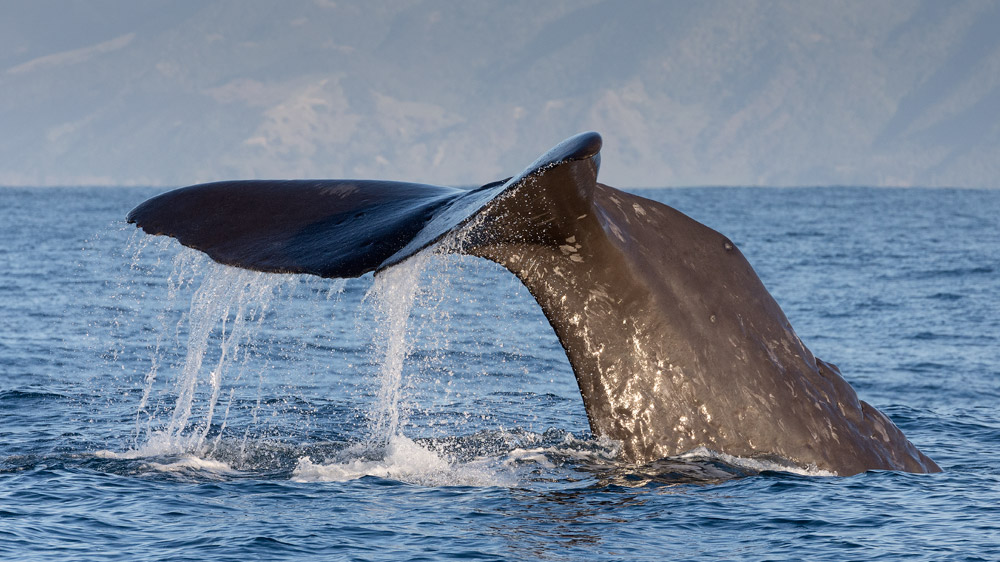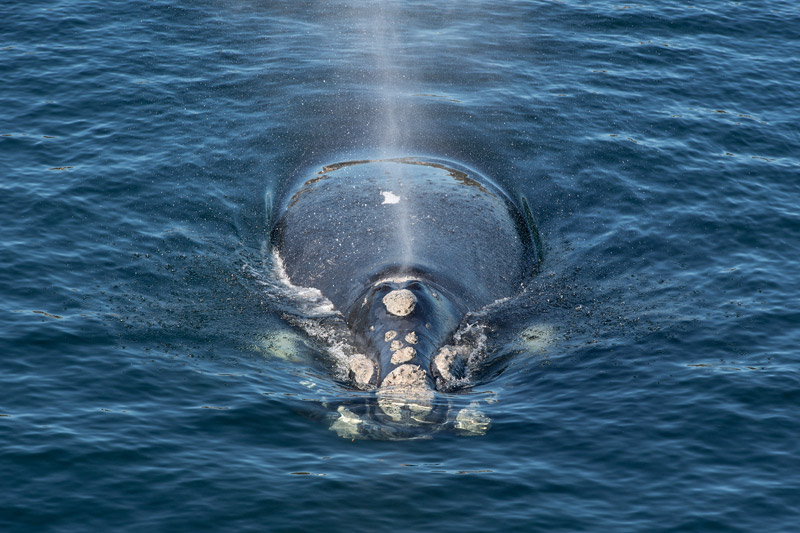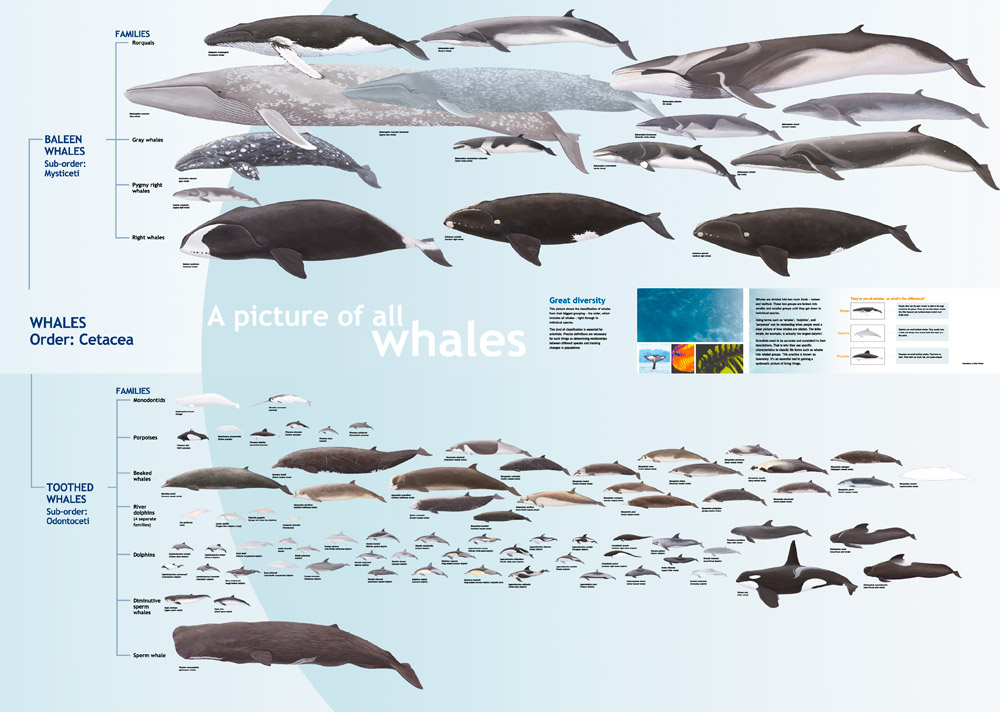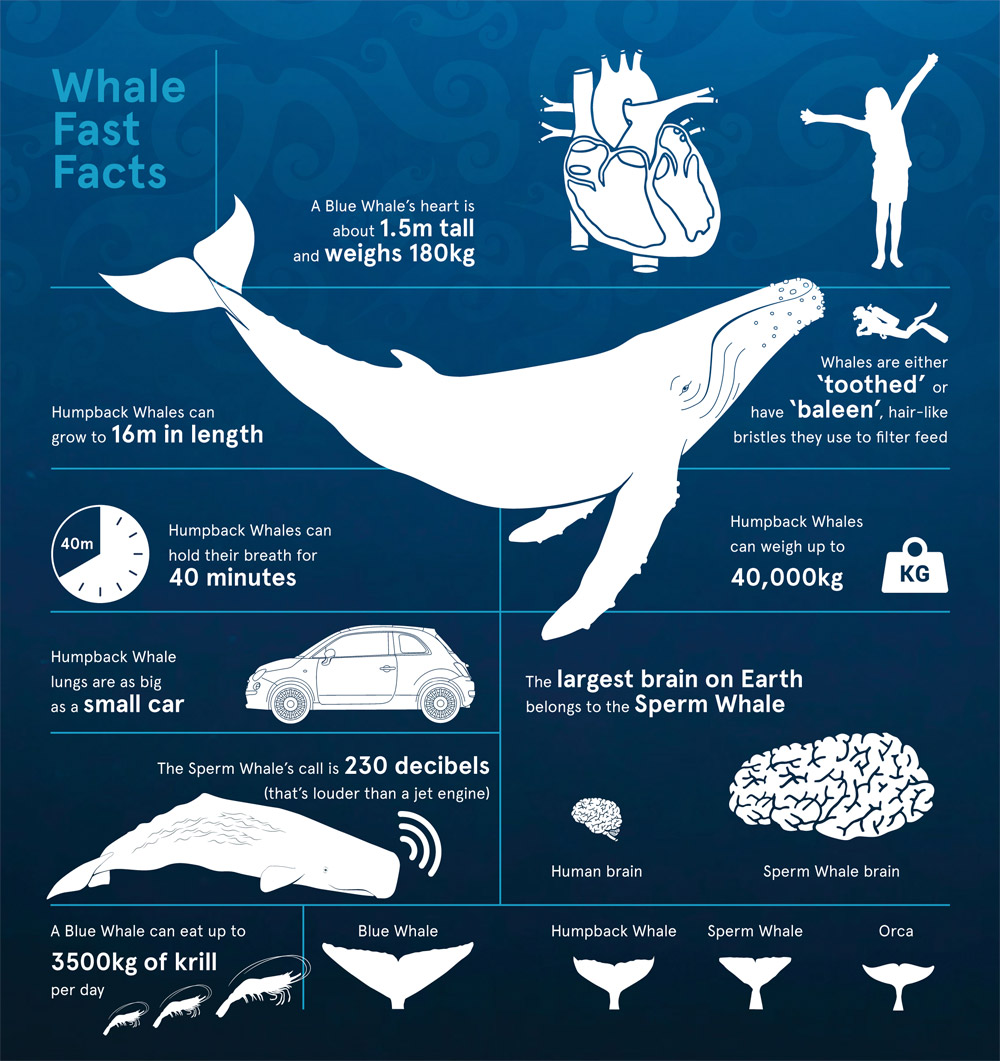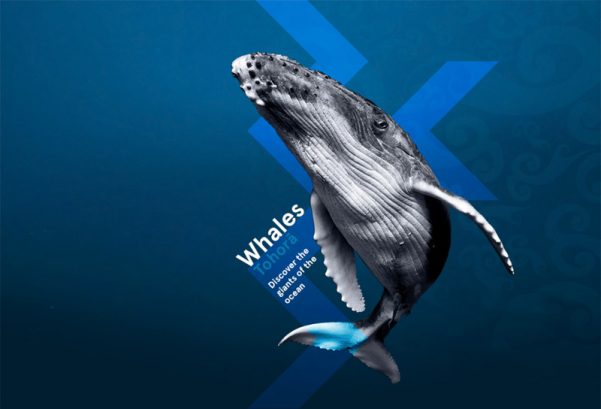
Whale Spotter acknowledges and pays our deepest respects to the Elders, past, present and future of the Indigenous Peoples of Australia and New Zealand. We thank our Indigenous brothers and sisters for all their care of our lands and oceans through countless generations. This land and ocean has always been and will always be theirs.
People’s fascination with whales started long, long ago when we first looked out to sea. Amongst so many ‘salt water’ peoples this strong and complex relationship between whales and humans has become a rich source of mythology and cultural identity. This is particularly so of the for the peoples of the South Pacific.
Paikea, The Whale Rider
New Zealand has an incredibly rich cultural identity with the whale. One of the most famous stories is that of Paikea, The Whale Rider. Paikea was the youngest and favourite son of the chief Uenuku from Mangaia Island in what are today the Cook Islands. Paikea older brothers became extremely jealous and decided to kill him on a fishing trip. Paikea discovered their plans and while far out to sea deliberately suck their canoe, drowning his brothers. Now adrift and waiting his own death Paikea was rescued by a Tohorā (the whale and often refers to the Southern Right Whale). Lifting Paikea onto his great back Tohorā took Paikea south to the safely of New Zealand. Paikea came ashore at Whangara just north of present day Gisborne. Here amongst the rich paradise of New Zealand Paikea began a new and prosperous life.
Whales │Tohorā Exhibition
Today we are able to explore this rich natural and cultural history of the whales through the major international exhibition Whales │Tohorā at the Australian Museum. Using state of the art storytelling, innovative technologies and based on the latest science the story of whale’s evolution, adaptation to living in the worlds oceans as well as their involvement with mankind are told.
Whales │Tohorā is a unique and powerful exhibition created by the Museum of New Zealand Te Papa Tongarewa to make the science of whales accessible to all ages through innovative interactive experiences while also powerfully celebrating the important relationships between whales and humans including the rich culture and history of the South Pacific. Presenting the latest cetacean research from the international scientific community, explores the diversity, biology and adaptation of whales to life in our oceans. Featuring one of the most extensive collections of whale skeletons ever displayed including a massive 18m skeleton of a sperm whale; a dozen beaked whale skulls; skeleton casts of ancient whale ancestors and fin whale ribs and vertebrae, Whales │Tohorā also includes a life-size model of the heart of the largest creature to have ever lived on Earth, the Blue Whale, which can grow up to 30 metres long and has a heart the size of a small car.
Bearing Witness
The Museum of New Zealand Te Papa Tongarewa hold one of the largest whale collections in the world and I was delighted when I learned that the Australian Museum would be hosting this very special exhibition. Now while its fantastic to read about things and look at photographs there is nothing like seeing something for yourself and as the old saying goes the more you look the more you see.
I am always taken aback by the sheer scale of whales, their actual size, their natural abilities, migrations, intelligence, culture and journeys. You can say oh a Blue Whales heart is the size of a small car and you could crawl through its arteries, its another thing entirely to actually do so! So it was wonderful to spend time looking at all the displays, learning new things and exploring their world.
If your as fascinated by whales as I am then this really is a wonderful exhibition that is not to be missed. For more information and to book tickets please contact the Australian Museum.
Whales │Tohorā Exhibition
October 20th 2018 until 28th April 2019
Open Daily 9.30am to 5.00pm
Admission Adults $27 Children $14 (5-15 years)
Whales Exhibition Website Whales │Tohorā
Australian Museum
1 William Street, Sydney NSW 2010
Ph 02 9320 6000
Thanks you to the Australian Museum for all their assistance and guidance with this story. Whale graphics provided by the Australian Museum. Additional images of the exhibition made with permission of the Australian Museum.

